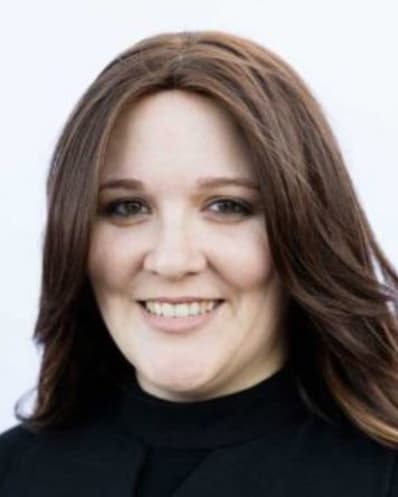An experienced facility and dementia unit manager, Tamar Krebs (pictured above) founded Group Homes Australia in 2011 and has since grown her innovative dementia model of small group homes to 12 homes across Sydney, with 150 staff and 95 residents.
With all of her residents experiencing varying stages of dementia, we asked Tamar about some of the challenges that GHA is facing as a small, private operator.
GHA locked down its homes last week after gradually scaling back visitors from two a day to one – not a unique situation in the sector – but says the lockdown is placing extra pressure on staff to keep residents physically and mentally stimulated and emotionally supported during the crisis.
As co-CEO of the company working on the ground with staff, she says keeping up the morale of the team is essential – along with making sure residents are still connected to their families.
“The staff have been looking at all the different forms of connection, FaceTime, Zoom, Skype, but for some residents it is not relevant because they don’t connect to a screen,” she said.
“So ahead of the lockdown, we asked families to bring in photo albums and old Christmas cards and so on for resident to connect with and reminisce on a different level.”
However, their ‘Homemakers’ are trying to keep the discussion around COVID-19 to a minimum.
“It is a big trigger for them, because they don’t remember the conversation but they remember the emotion around the conservation and that can be quite scary,” she said.
Tamar says the fact that many residents may not recognise their loved ones if the lockdown continues for months is another weight on her mind.
“It’s already devastating for family members when residents start forgetting loved ones.”
GHA also isn’t eligible for some of the funding being extended to providers (60% of their clients do receive Home Care Packages (HCPs), plus NDIS funding through the Supported Independent Living (SIL) Program for people with Younger Onset Dementia), but Tamar is hopeful they will be able to receive some of the community funding announced by the Federal Government.
Tamar says they have completed contingency plans in case of an outbreak including lockdown rosters with staff nominating whether they would be willing to work during an outbreak or not.
They have also discussed with families whether they would like their loved one sent to hospital or to stay in the home with PPE secured for all their homes.
GHA have maintained a 97% occupancy rate and are still taking in new residents – particularly if someone needs to move out of the community because they are at high risk of the virus.
But they have changed the way they do admissions with assessments conducted via Zoom and multiple follow-up phones calls and videos instead of a Registered Nurse and social worker going to visit the individual and their family at home.
They have also turned down new admissions, Tamara says, because of the risk of severe separation anxiety for the person.
Like many in the sector, Tamar also believes things will get worse before they get better.
“We are seeing the curve being a bit flattened in NSW but winter hasn’t hit yet and flu season will have an impact combined with COVID-19,” she concluded. “I think it’s going to be tough.”
We are sure other providers are thinking the same.










